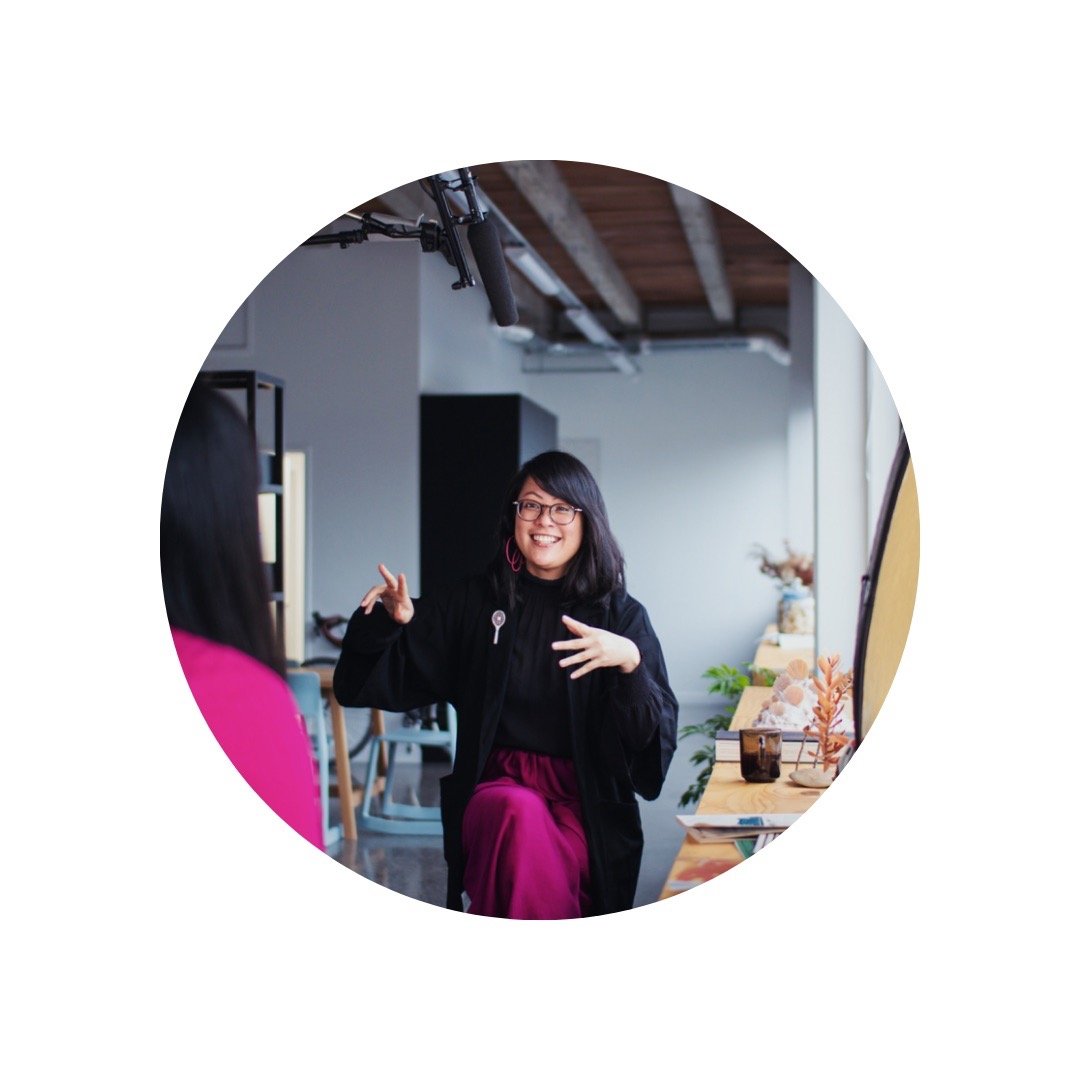Rosabel Tan
Rosabel Tan is a writer, strategist, and creative producer of Peranakan Chinese descent. She is the director of Satellites — a production house exploring the contemporary experience of the Asian diaspora in Aotearoa — and the founding editor of The Pantograph Punch, an arts and culture journal. She is passionate about supporting our Asian diaspora creative communities to be their full, messy, complicated selves and believes in creating enduring pathways for the next generations.
Rosabel’s recent work as a producer includes Hit Me Baby One More Rhyme (2021), a poetry karaoke installation; Maree Sheehan’s Ōtairongo(2020), immersive aural portraits of mana wāhine Māori; and The Claw (2018), in which an empty store was transformed into a giant, playable claw machine. Her projects have been presented at Auckland Arts Festival, Te Papa, Taranaki Arts Festival, CubaDupa and Hamilton Gardens Arts Festival.
In previous lives she has served as Contributing Editor at Paperboy (2018) and Talks programmer for Auckland Arts Festival (2019–2020). She sits on a number of governance groups, including The Pantograph Punch, Silo Theatre, the Public Art Advisory Panel for Auckland Council, and Te Rōpū Mana Toi, Creative New Zealand’s advocacy advisory.
Photo by Ankita Singh
What does leadership look like to you?
Rosabel: For me, it means creating space for people to flourish. It means listening to, working with, and advocating for my community. It’s dreaming beyond what feels possible. It’s mutual accountability, hard conversations that come from a place of love and the creation of pathways and infrastructure that are sustainable: not only financially but emotionally, artistically and environmentally.
What are you hoping to get out of this experience?
Rosabel: A space to explore new ways of thinking and doing with a bunch of people I deeply admire.
How does your community show up in your practice?
Rosabel: My practice and my community are inextricably intertwined. They are my friends, my colleagues, my collaborators. They are my most trusted critics, my biggest champions, my ultimate idols.
My interest has shifted a little over the years, too: towards structural change rather than temporary celebration. But what hasn’t changed is what I’m driven by: creating space for our Asian diaspora artists to be their full, messy, thoughtful, ugly, naughty, excellent selves — and, through that, to evolve the conversations we’re having, to foster mutual empathy and understanding, and to create a greater sense of belonging and cohesion across our many, many communities.

